The Government has announced it will phase out new, non-zero emission heavy goods vehicles weighing 26 tonnes and under by 2035, with all new HGVs sold in the UK to be zero emission by 2040.
The announcement, made to coincide with Transport Day at COP26, means all new road vehicles in the UK will be zero emission within the next two decades.
The Government has previously announced that it would end the sale of petrol and diesel cars and vans from 2030.
Olly Craughan, head of corporate social responsibility at DPD Group UK, said: “We totally support the withdrawal of the selling of new, non-zero emission HGVs in the UK by 2035, as we do the sale of new diesel/petrol final mile fleet vehicles by 2030.
“We would urge all parties involved in the supply of alternative green HGVs to press the fast forward button on their development plans so businesses like ourselves can make the transition as soon as possible.
“DPD is one of the brands leading the way on the decarbonisation of fleets but bringing down the cost of green HGVs and creating adequate supply will be essential to the UK hitting this target.”
The British Vehicle Rental and Leasing Association (BVRLA) also welcomed the Government announcement. Chief executive, Gerry Keaney, said: “Use cases of HGVs vary significantly, so we welcome the Government’s intention to consult on derogations that will enable a fair and achievable transition.
“The BVRLA looks forward to working with the Government on the delivery plan that will be essential in ensuring the UK road transport network can be decarbonised successfully.
“The approach must be comprehensive, particularly around HGVs where the barriers remain huge.
“The recent funding that was announced to support trials of zero emission technology for the sector is a very positive step, and we eagerly await the clarity this will bring to help meet the phase-out dates.”
Michelle Gardner, head of public policy at Logistics UK, said that the phase out dates would help provide logistics businesses and manufacturers with "much-needed certainty" on the industry’s path to decarbonisation.
However, she added: "These dates will only be attainable if the Government provides the right support: our members need to see a nationwide network of recharging and refuelling infrastructure put in place, effective and affordable vehicles made readily available for all, and fairer charging arrangements for the necessary power upgrades to commercial premises.
“Certain specialist HGVs, or the jobs they are used for, present additional challenges in the move to zero tailpipe emission vehicles, so derogations to allow technologies longer to develop are welcome.
"With this exception, only zero tailpipe emission HGVs can be sold beyond these dates; we are disappointed that low carbon fuelled vehicles will not be available for sale after 2040.
"These fuels can act as effective, interim solutions while the technology for zero tailpipe emission HGVs matures; many of our members are keen to utilise these low-carbon alternatives.
"Logistics UK is therefore urging the Government to give confidence to operators looking to invest in low carbon fuels through tax incentives and a clear policy framework.”
Jon Lawes, managing director at Hitachi Capital Vehicle Solutions, also welcomed the announcement. "Clarity on the decarbonisation roadmap of HGVs marks a real step change, however, the journey to achieve greener HGVs is complex with the transition requiring urgent technological development of viable alternative fuels and refuelling infrastructure," he said.
"In the same way we’ve already made huge strides in the decarbonisation of cars and vans, we now need to see Government and the haulage industry to come together to accelerate the transition of HGVs which is integral to realising a comprehensive cleaner UK road transport network."
The Government’s decision to ban the sale of new diesel HGVs comes as new research from Bloomberg New Energy Finance, commissioned by the UK COP Presidency, and published today, shows 31% of the global passenger vehicle market is now covered by vehicle manufacturer commitments to end sales of fossil fuel-powered vehicles, up from a near zero share of the market at the start of 2021.
Global sales of zero emission vehicles (ZEVs) have grown dramatically since 2019 from 2.1 million to 5.3 million and ZEVs are forecast to be 70% of all new car sales in 2040, with this projection having doubled in the last 5 years.
Furthermore, it shows that one in five (19%) of 2020 passenger vehicles sales were in countries that now have an internal combustion engine (ICE) phase-out date, up from 5% in 2019
A group of ministers and industry leaders committed to working towards 100% zero emission new car and van sales by 2040 or earlier at Transport Day at COP26.
Twenty-four countries, six major vehicle manufacturers (GM, Ford, Mercedes, BYD, Volvo, JLR), 39 cities, states and regions, 28 fleets and 13 investors all jointly set out their determination for all new car and van sales to be zero emission by 2040 globally and 2035 in leading markets.
In this group, companies like Sainsbury’s and countries including Uruguay, El Salvador and New Zealand are today making new commitments to 100% zero emission vehicles.
They follow proposals made by the EU, Chile, Canada and a number of US states this year to ensure all new cars are zero emission by 2035.
Also announced today, a number of emerging markets and developing economies have committed to work to accelerate the adoption of zero emission vehicles in their markets, including India, Ghana, Kenya, Paraguay, Rwanda and Turkey.
New ‘iconic’ design for UK electric vehicle charge points
The Government has also unveiled a new design for electric vehicle (EV) charge points, which could become as iconic as the Great British post box, London bus or black cab, it says.
Showcased in the UK Pavilion at COP26 and designed together with the Royal College of Art and PA Consulting, the concept prioritises inclusivity and ease of use, designed with consumers, local government, accessibility groups and industry.
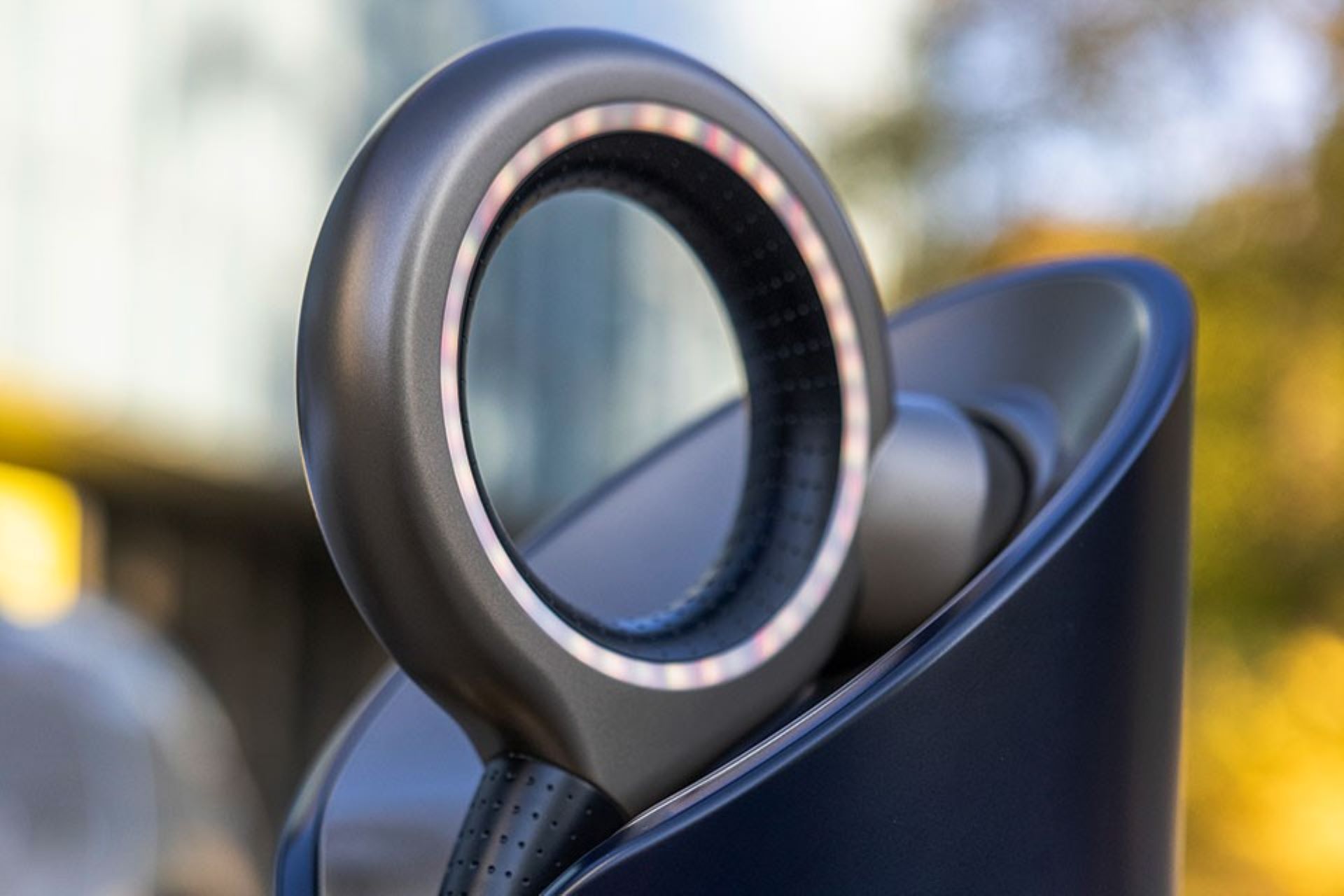
Transport secretary Grant Shapps said: “From our roads to the skies, the transition to zero emission transport has reached a tipping point.
“We know that transport plays a key role saving the planet from warming above 1.5°C, which is why this is the COP that will kick start our ambition for zero emission aviation and why I’m proud to be uniting world leaders to tackle climate change – creating new opportunities for clean growth, green jobs and improved air quality right across the globe.
“To support the transition to EVs, it’s integral that we have the infrastructure to support it. My vision is for the UK to have one of the best EV infrastructure networks in the world, with excellent British design at its heart.”



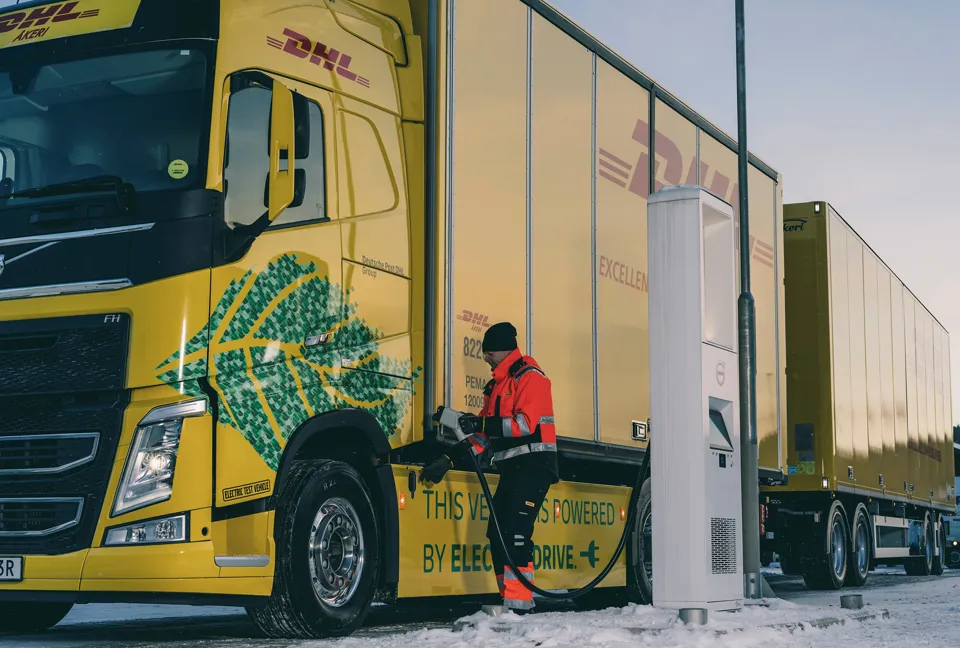

















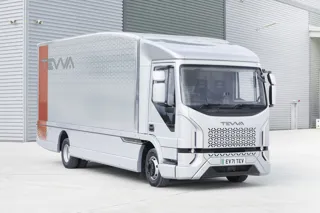
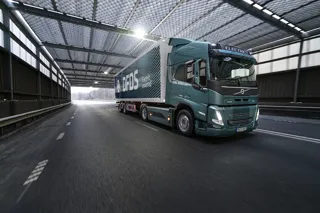
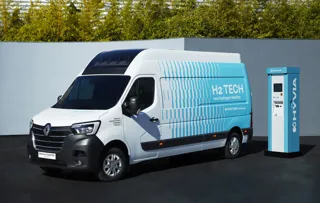
Login to comment
Comments
No comments have been made yet.